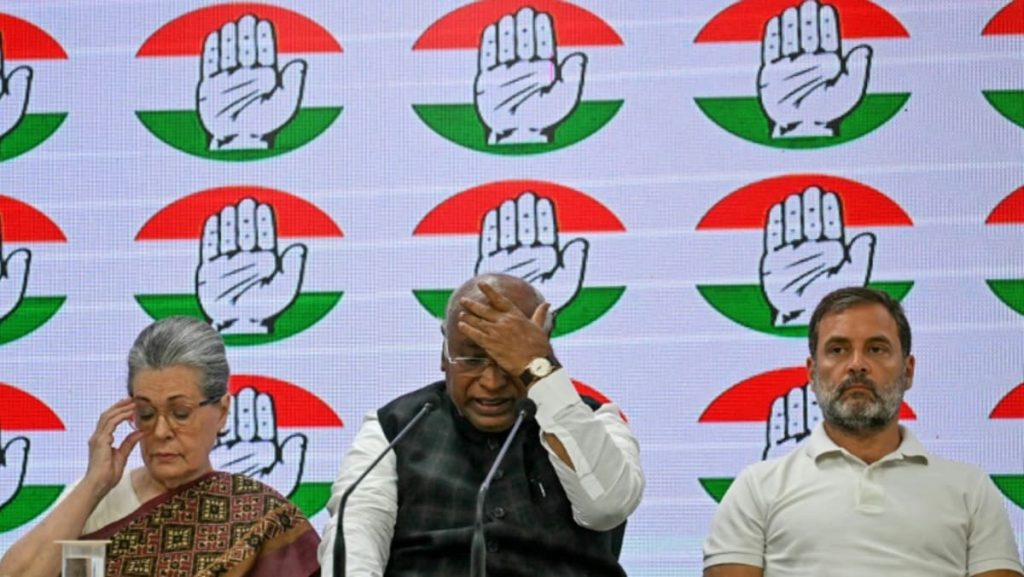ul Gandhi, accusing the ruling Bharatiya Janata Party (BJP) of trying to destroy the opposition’s ability to campaign effectively. The BJP has denied any involvement in the freezing of the accounts, with Finance Minister Arun Jaitley stating that banks operate independently of the government and the decision was likely due to non-compliance with certain banking regulations.
The news of the frozen bank accounts comes at a critical time for the opposition, just weeks before the general elections begin on Apr 11. Without access to their funds, opposition parties like the Congress Party are struggling to mobilize resources and run effective campaigns against the well-funded BJP. The lack of financial resources poses a significant challenge for these parties, as they are already facing an uphill battle against the ruling party, which has a massive war chest and a strong grassroots network.
The opposition’s allegations of government interference in their financial affairs have raised concerns about the fairness and transparency of the upcoming elections. Political parties rely heavily on donations and funding to run their campaigns and appeal to voters, and any disruptions to their financial operations can have a significant impact on the electoral process. The government’s decision to freeze the opposition’s bank accounts has sparked accusations of political bias and attempts to stifle dissent, further deepening the divide between the ruling party and its opponents.
Despite the challenges posed by the frozen bank accounts, the opposition remains determined to contest the upcoming elections and challenge the dominance of the BJP. Party leaders like Rahul Gandhi have vowed to fight against what they perceive as undemocratic tactics by the ruling party, and have called on their supporters to rally behind them in the upcoming polls. The opposition is counting on the support of the electorate to overcome the financial obstacles they are facing and mount a strong challenge to the BJP’s re-election bid.
The frozen bank accounts issue has also drawn attention to the broader issue of campaign finance reform in India. The lack of stringent regulations and transparency in political funding has long been a concern in the country, with allegations of corruption and illicit money influencing elections. The controversy surrounding the opposition’s frozen accounts highlights the need for greater accountability and oversight in political finance, to ensure a level playing field for all parties and promote fair and free elections in India.
As the general elections draw closer, the opposition parties are faced with the daunting task of overcoming the financial setbacks caused by the freezing of their bank accounts. The outcome of the elections will not only determine the future of India’s ruling party but also shed light on the state of democracy and political accountability in the country. The opposition’s struggle to mobilize resources and challenge the BJP’s dominance reflects the broader challenges faced by opposition parties in a highly polarized political environment, where power dynamics and resources play a crucial role in shaping the electoral outcome.















